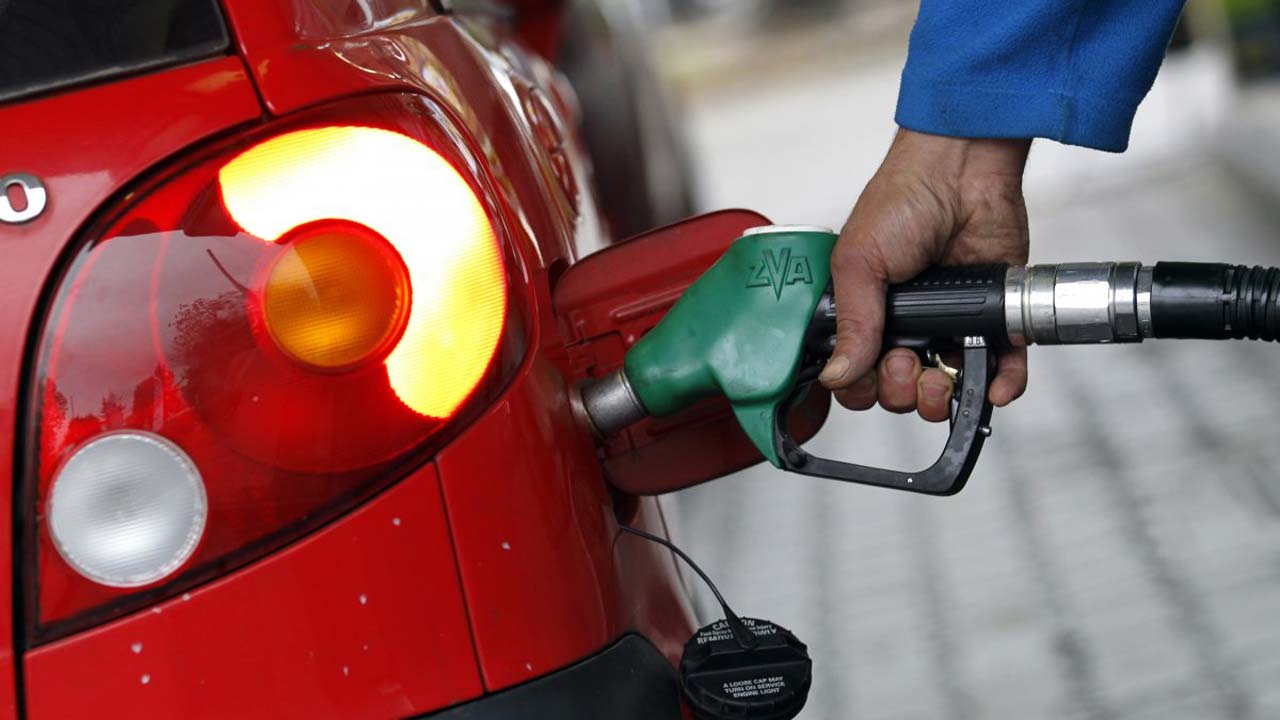News
Multiple Taxation, Transportation Costs Fuel High Prices, FCCPC Investigation Reveals

-
Federal Competition and Consumer Protection Commission identifies key factors driving relentless increase in consumer costs
-
Multiple layers of taxation and high transportation expenses across supply chain contributing to price hikes
-
FCCPC to advise government on potential solutions, engage with market executives to address issues
Eko Hot Blog reports that a comprehensive investigation by the Federal Competition and Consumer Protection Commission (FCCPC) has shed light on the multifaceted factors contributing to the persistent rise in consumer prices across various sectors in the country.
Editor’s Pick:
- FG Begins New Expatriate Job Policy, Violators Risk N3m Fine
- Price Of Block In Nigeria As Cement Sells For Over N10,000
- Osimhen Misses Chance To Extend Scoring Streak As Napoli Secures Historic Victory Over Juventus.
According to FCCPC’s Director of Surveillance and Investigation, Mrs. B.A Adeyinka, the findings point to a complex web of issues, including multiple layers of taxation and escalating transportation costs, that are driving prices up despite government efforts to stabilize the currency.
“Despite government efforts to stabilize the currency, prices remain high. Our findings point to a complex web of factors, including multiple layers of taxation and transportation costs, that are driving prices up,” Adeyinka stated during a market surveillance exercise in Masaka Markets, Nasarawa State.
The investigation revealed that transportation costs are incurred at every stage of the supply chain, from farmers transporting produce to local markets, sellers moving goods to larger market squares, and retailers delivering products to consumers. These costs, coupled with the rising prices of pesticides and security concerns in certain areas, have significantly inflated consumer prices.
“The cost of transportation is a significant burden on the sellers, and this cost is inevitably passed on to the consumer. For instance, a product that once cost N15,000 now sells for N50,000. This drastic increase is largely due to higher transportation expenses, the rising cost of pesticides, and security concerns in certain areas,” Adeyinka explained.

Furthermore, the investigation highlighted the impact of the ‘herdsmen crisis’ on rural farmers and the lack of intervention in these areas, contributing to the overall challenges faced by the agricultural sector.
In response to these findings, the FCCPC plans to compile a report on the multiple taxes affecting the market and advise the government on potential solutions. The commission also aims to engage with market executives to ensure there are no restrictions on bringing goods to the market, thereby increasing supply and promoting a more competitive marketplace.
“We aim to unlock the market by reducing these taxes, thereby easing the financial burden on both sellers and consumers,” Adeyinka said, adding that the FCCPC will address anti-competitive practices by cartels that restrict supply to ensure a fair and competitive marketplace.
Further Reading:
- Military Welcomes Sunday Igboho’s Offer To Combat Insecurity In South-West
- Bella Shmurda Opens Up On The Side Effects Of Smoking Weed
- Oyo LG Election: APC Raises Alarm, Threatens To Withdraw Candidates Over BVAS Controversy
As the FCCPC continues its efforts to address the rising cost of living for consumers, stakeholders in the market have expressed concerns about issues such as poor access roads, extortion, and double taxation, calling for government intervention and fair treatment of traders.
Click here to watch video of the week
Advertise or Publish a Story on EkoHot Blog:
Kindly contact us at [email protected]. Breaking stories should be sent to the above email and substantiated with pictorial evidence.
Citizen journalists will receive a token as data incentive.
Call or Whatsapp: 0803 561 7233, 0703 414 5611






